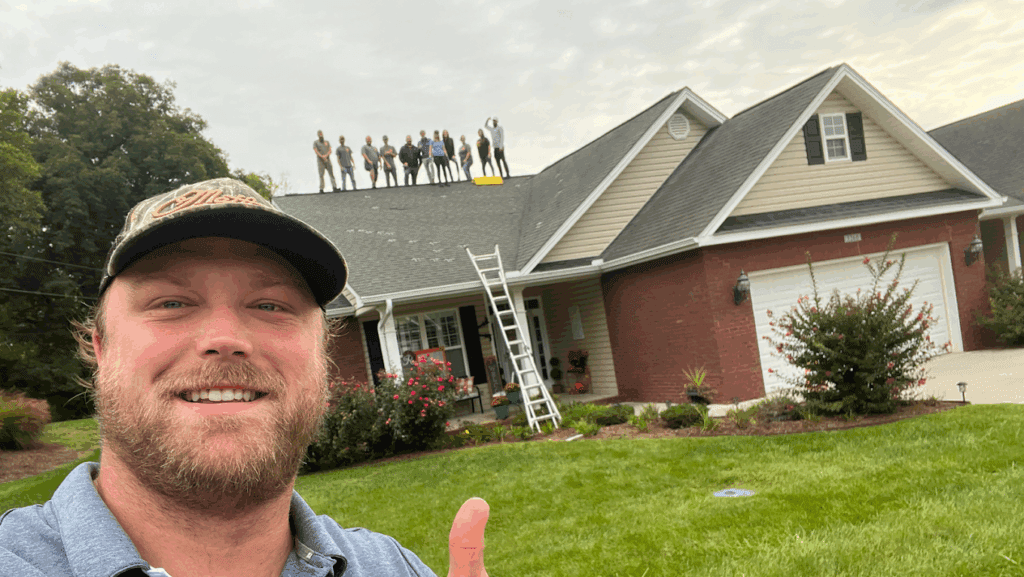Navigating Storms, Scams, and Con-Men
East Tennessee’s rooftops face a relentless onslaught from Mother Nature. Between spring tornadoes, summer hailstorms, and fall winds, homeowners often find themselves scrambling for help from Tennessee roof repair contractors. While many are honest professionals, others exploit the chaos, earning the label “storm chasers” and “con-men.” These opportunists thrive on storms and insurance payouts, preying on vulnerable residents. This guide exposes why some roofers resort to shady tactics, shares a cautionary tale from Denver, Colorado, clarifies Tennessee’s licensing rules and equips homeowners with tools to spot red flags—like the lack of a retail sales process and how to choose trustworthy contractors.
The Reality of Roofing in Tennessee
Tennessee’s climate is a roofer’s paradise and a homeowner’s nightmare. Ranking high for severe weather, the state sees tornadoes, hail, and high winds cause millions in damage annually. Nashville, Knoxville, and Memphis face peak roofing demand after storms, like the devastating 2020 Nashville tornadoes. Storms of this caliber attract reputable roofers and unfortunately, “storm-chasers” as well. These transient contractors swoop in post-disaster, offering quick fixes and vanishing just as fast. For Tennessee homeowners, distinguishing between the two is critical to protecting your home and wallet.

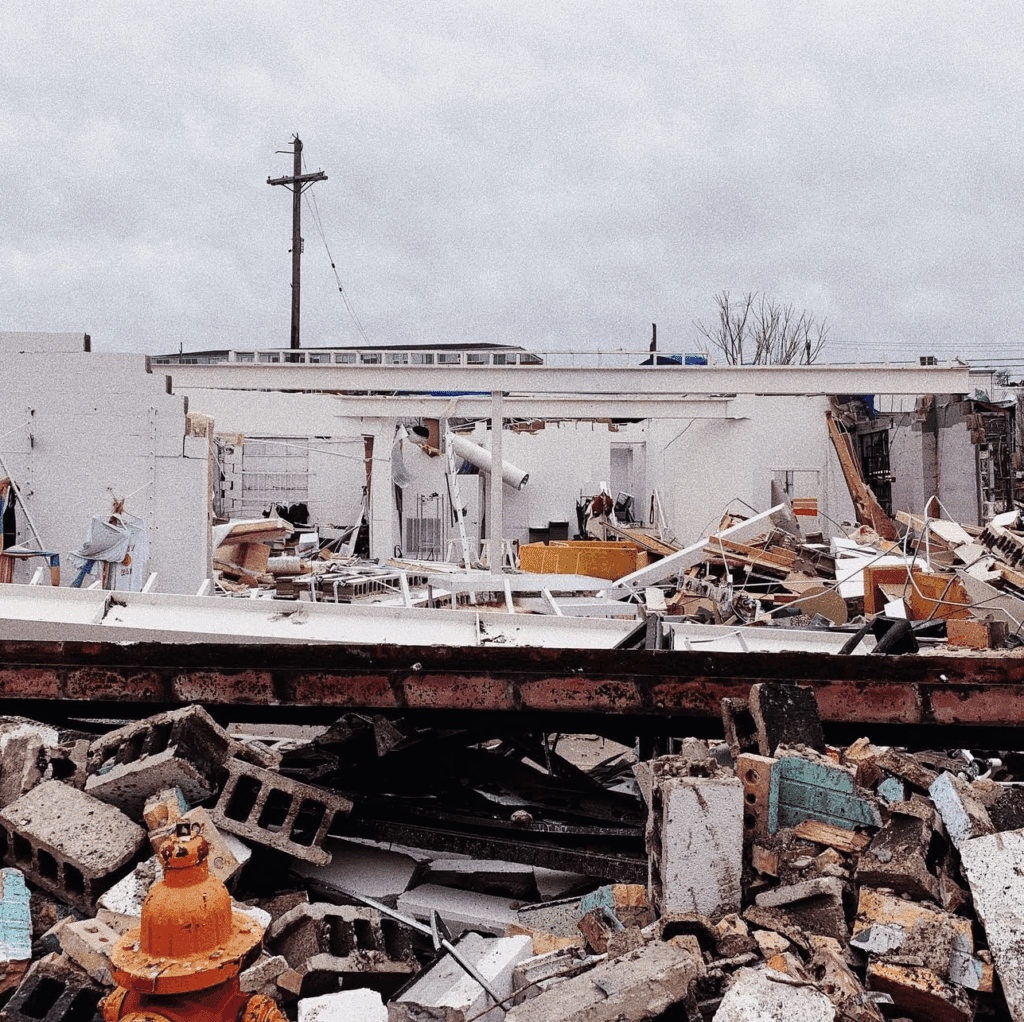
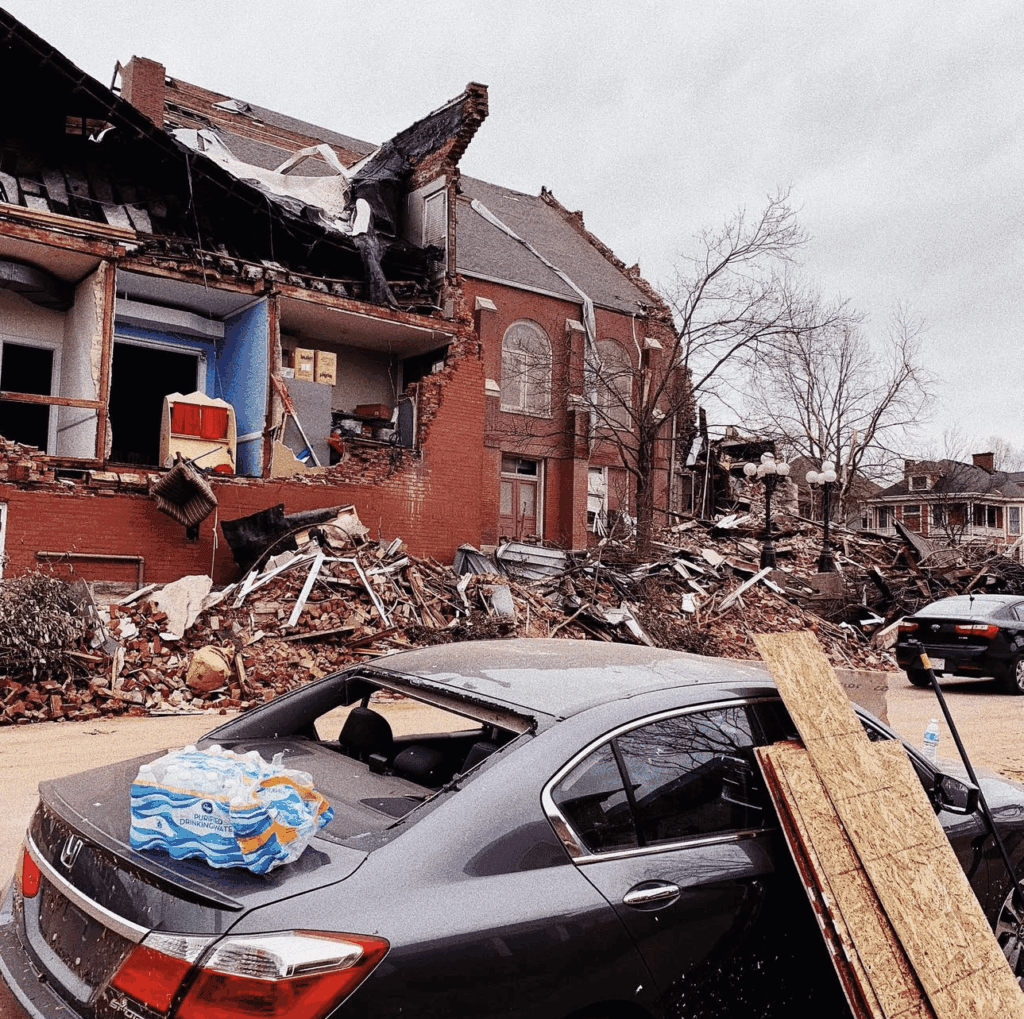
Why some Roofers are labeled “con-men”
The roofing industry’s dark side often stems from storm-chasers who build their business on the misfortune of others. Without storms, their phones go silent; without insurance payouts, their profits vanish. This dependency drives unethical behavior, which is unfortunately a sad reality. Some roofers inflate damage to push unnecessary insurance claims, use cheap materials, or perform shoddy work that fails at the next rain. Others take deposits and disappear, leaving homeowners stranded in stressful situations.
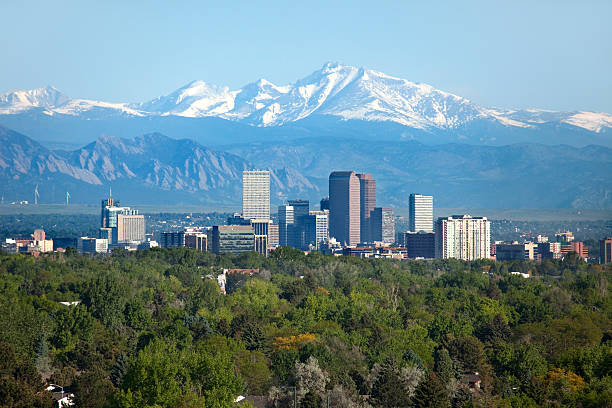
A striking example unfolded in Denver, Colorado. In the early 2010s, Denver boasted over 7,000 roofing contractors, fueled by frequent hailstorms and insurance claims. But after three years of calm weather and no major storms to drive demand, the industry collapsed. By the mid-2010s, fewer than 2,000 roofers remained. Homeowners also suffered as fly-by-night operators left behind leaky roofs and unpaid subcontractors. This reveals the harsh truth:
Too many roofers rely on chaos, not craftsmanship.
Tennessee’s Licensing Rules:
What Homeowners Need to Know
When hiring a roofer, understanding Tennessee’s licensing requirements is crucial. The state requires contractors to hold a license only for projects exceeding $25,000. Since the average roof repair costs around $700, most repairs don’t require a licensed contractor. However, there’s a catch: in nine counties (including Davidson, Shelby, and Knox), a home improvement license is required for projects between $3,000 and $24,999. Even so, many small repairs fall below these thresholds, meaning unlicensed roofers can legally operate and perform work on paying customers houses.
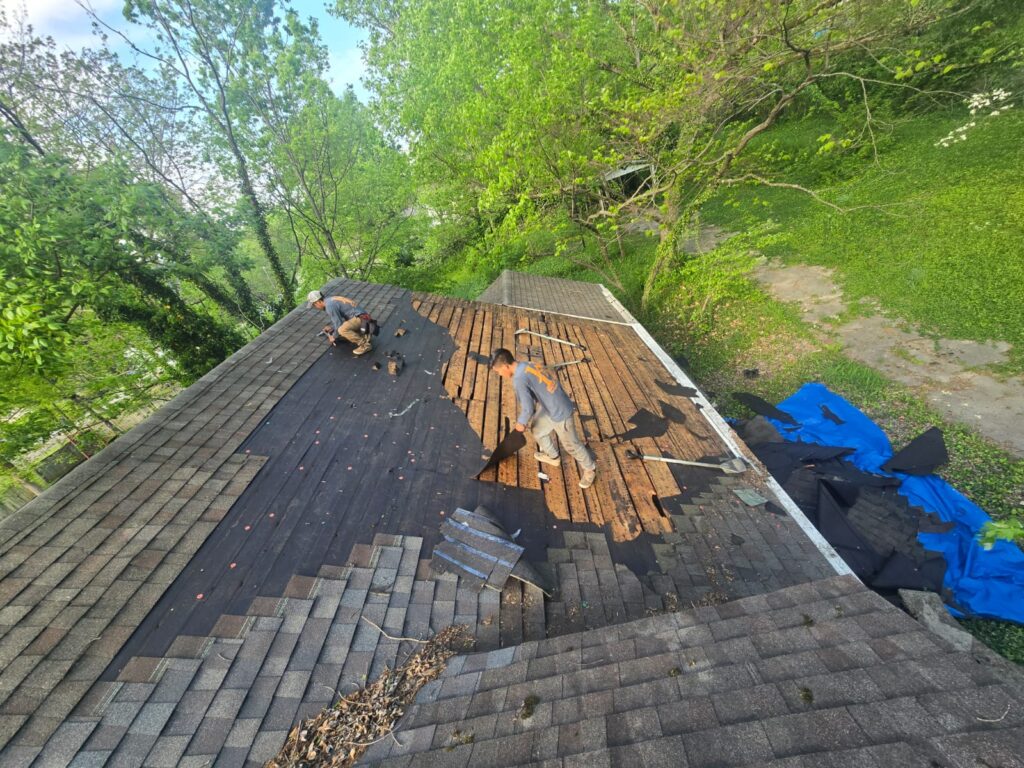
This loophole can expose homeowners to risks. Unlicensed Tennessee roof repair contractors may lack the training or accountability of licensed professionals, increasing the chance of shoddy work or scams. At Daniel Hood Roofing, we believe Tennessee homeowners are smarter than hiring unlicensed roofers. Choosing a licensed contractor, even for small repairs, ensures expertise and recourse if things go wrong. Always verify licensing through the Tennessee Board for Licensing Contractors, especially in those nine counties with stricter rules.
Common Roofing Scams in Tennessee
Avoid con-men who see your damaged roof as their payday
Storm-chasers employ a playbook of scams and Tennessee’s frequent storms make it a prime target. One common tactic is the fake damage report: roofers climb onto your roof and “find” severe issues, sometimes causing damage to justify repairs. Another is the bait-and-switch: promising high-quality shingles but installing cheap substitutes. Door-to-door solicitations are also rampant, with smooth-talking contractors pressuring homeowners to sign contracts on the spot, leaving no time to do research to make sure they are credible.
Red Flags to Watch For:
Lack Of A Retail Sales Process: Reputable roofers follow a clear system; they inspect your roof, assess damage, and provide a detailed quote often on the same day.
Pressure Tactics: Storm-chasers urge immediate decisions, citing insurance deadlines or limited availability. Be wary of anyone pushing you to file a claim before a thorough inspection.
How to choose a trustworthy tennessee roofer
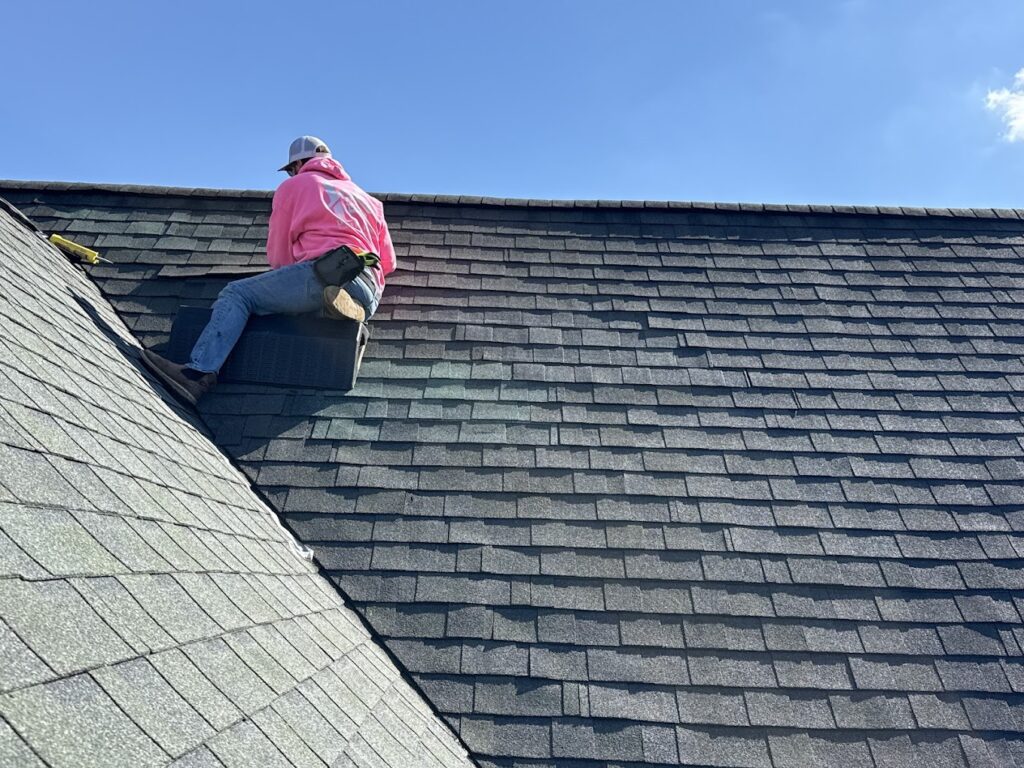
Verify credentials through the Tennessee Board for Licensing Contractors, even for small jobs. Ensure there is liability insurance and workers’ compensation as well. Transparency is non-negotiable. A trustworthy roofer provides a detailed quote, contract, clear timeline, answers all of your questions and explains materials and costs upfront so there are no surprises.
A roofer thriving on steady business, not storm-driven chaos, offers confidence and clarity.
The Denver collapse that went from having 7,000 roofers to under 2,000 roofers underscores a sad truth: too many roofers profit from misfortune. With most roof repairs costing ~$700, unlicensed contractors are common, but smart homeowners prioritize licensed professionals, as Daniel Hood Roofing advocates. Watch for red flags like no retail sales process or same-day quotes, and choose local, transparent Tennessee roof repair contractors. Check licenses, read reviews, and demand clear contracts. Trust your instincts: if a deal seems too good, it probably is.
Your roof deserves a roofer who builds on craftsmanship, not chaos.
